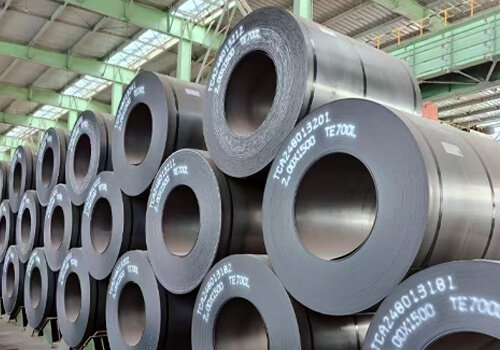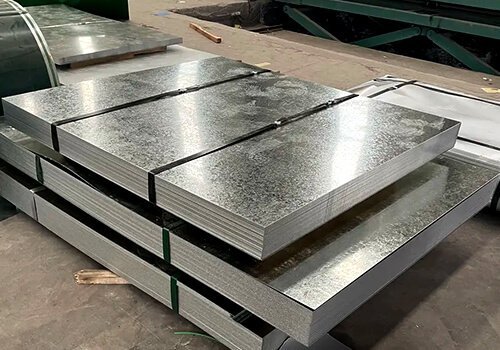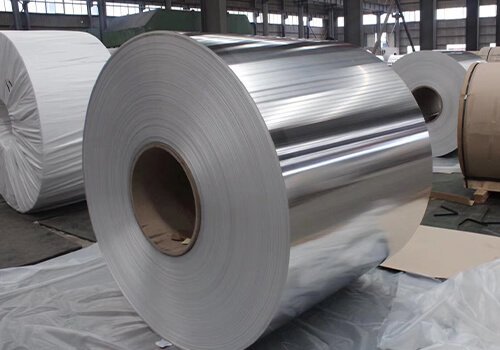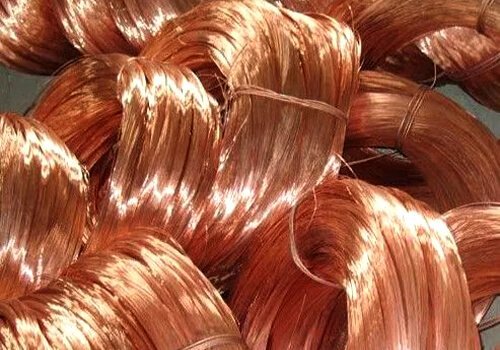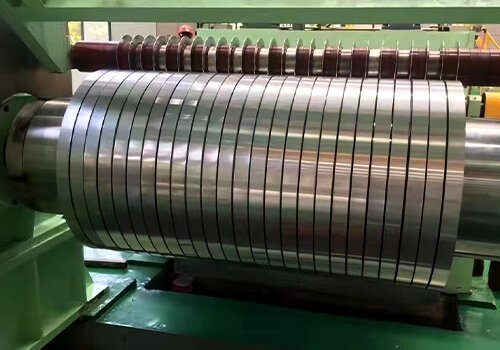Hot rolled coils are popular but misunderstood. Many customers make expensive mistakes. Let’s look at what is hot rolled coil—and how to find the best source.
A hot rolled coil is a steel product made by heating slabs above 1000°C and rolling them into flat sheets. It’s used in construction, pipes, and vehicles. Features include strength, affordability, and easy forming. Reputable suppliers offer ISO or CE certifications, accurate specs, and support for logistics and documentation.
Let’s look at its essential qualities, uses, limits, and supplier selection criteria in depth.
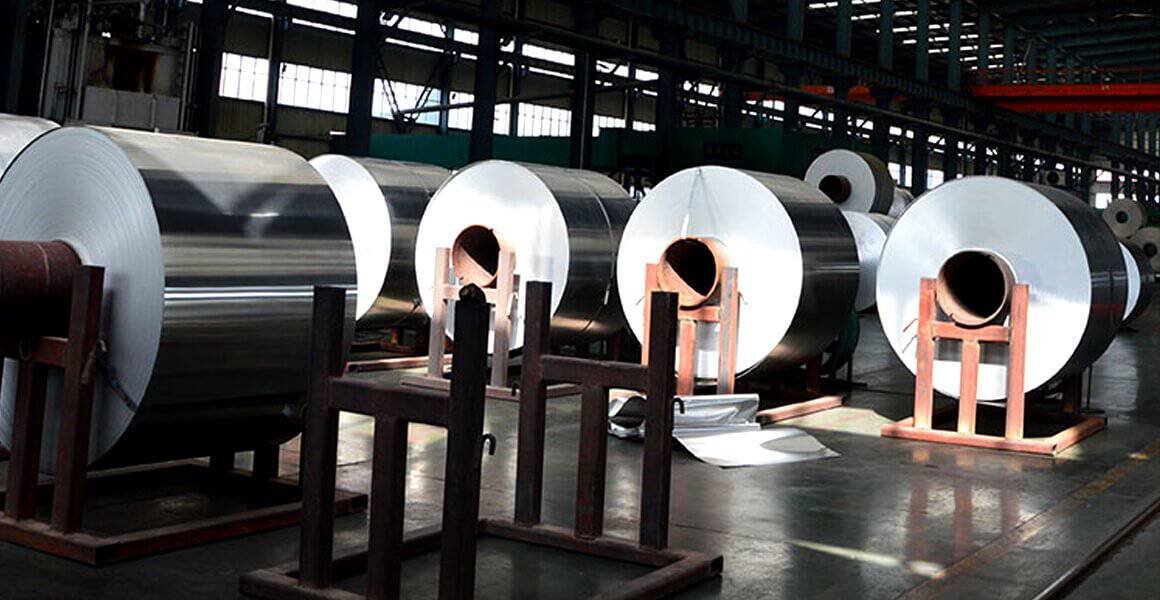
What Are Hot Rolled Coils Used For?
Hot rolled coils are essential in modern industries. But where do they fit in? They’re used in construction, tubes, automotive, and LPG cylinders due to their strength and flexibility.
Hot rolled coils are foundational in flat rolled products. In the construction industry, they form I-beams, columns, and structural components. In automotive, they shape chassis frames, suspension systems, and wheel components. You’ll also find them in shipbuilding, gas containers, and pipelines.
Their exceptional weldability and strength make them ideal for the manufacture of steel structures and mechanical components. Manufacturers frequently employ hot rolled coils as a starting material to make cold rolled steel, galvanized steel coil, or even precise cold drawn steel for demanding applications.
Hot rolled coils can be galvanized or coated with specific treatments in industries that require corrosion protection. Because of this adaptability, many customers choose to order basic hot rolled coil in bulk and then personalize it in local markets.

Is Hot Rolled Better Than Cold Rolled?
This is one of the most commonly asked questions among steel purchasers. Hot rolled is less expensive and easier to manufacture, while cold rolled provides a superior surface polish and tighter tolerances.
It is not about “better,” but rather about appropriateness. The cost-effectiveness of hr coil makes it perfect for high-volume structural components. Buyers choose cold rolled steel or cold rolled steel coil for precision items, furniture, and electronics casing due to its smooth surface and tighter dimensional correctness.
When comparing hot rolled steel vs cold rolled steel, you must consider:
- Application type (heavy load vs aesthetic)
- Tolerance needs
- Surface condition
- Budget
- Production timeline
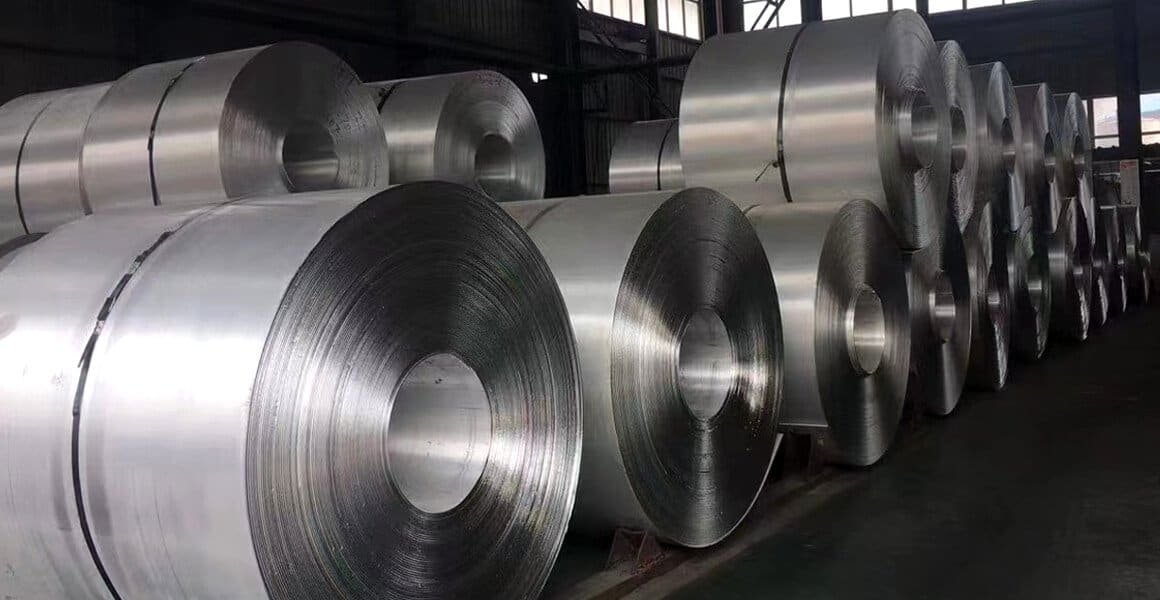
What Is The Purpose Of Hot Rolling?
Why go through the high-temperature technique of hot rolling? Hot rolling reduces thickness, improves uniformity, and makes steel easier to shape during large-scale production.
The hot rolling process begins with semi-finished slabs heated at 1000°C. These slabs go through rollers, which compress and flatten them into long sheets or coils. The high temperature ensures plasticity, which reduces internal tension and allows the material to be created with fewer cracks.
Hot rolling is also more energy efficient than cold rolling, particularly when creating big quantities. It offers the framework for cold rolling applications, which require considerable development. Cold rolled pipes, crc coils, and cold rolled steel sheet price goods are generally made from hot rolled coils first. This procedure is critical in the production of carbon steel coil, aluminum coil, stainless steel coil, galvanized steel coils and other materials.
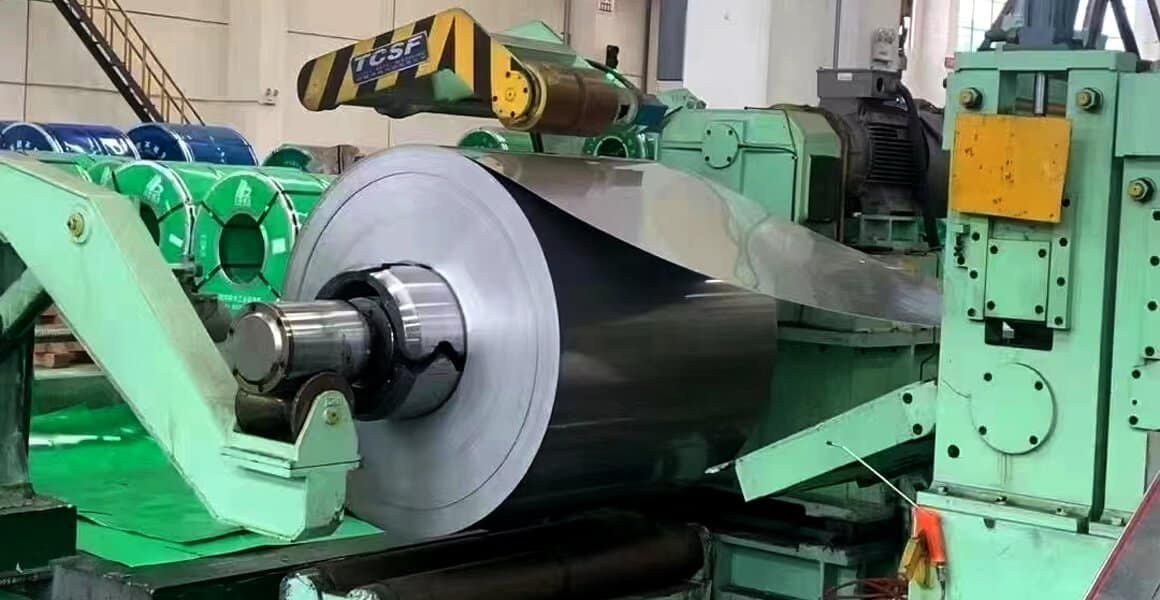
What Are The Disadvantages Of Hot Rolled Steel?
Despite its flexibility, hot rolled steel has several limits. It may have less precise dimensions and surface imperfections due to cooling effects.
Cooling after hot rolling may result in:
- Inconsistent thickness across width
- Scale formation on surface
- Slight waviness or distortion
These are not difficulties in structural applications, but they may be problematic for ornamental or precise pieces. That’s where cold rolled steel comes in. The advantages of cold rolled steel include smoother surfaces, sharper edges, and consistent cold rolled steel thickness.
To compensate for these drawbacks, purchasers may request post-processing like as pickling, oiling, or galvanizing. Our clients frequently mix orders of hot rolled coils with galvanized steel coil for a variety of applications.
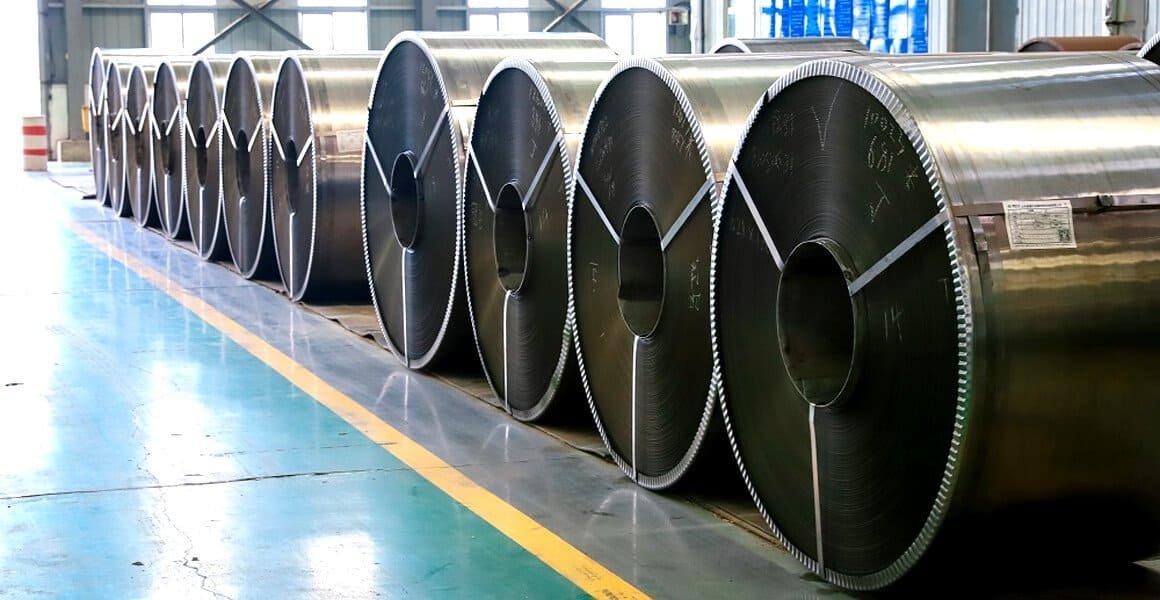
How Thick Is Hot Rolled Coil Steel?
Steel thickness is a crucial factor in cost and applicability. Hot rolled coil thickness typically ranges from 1.2mm to 25mm depending on application and mill settings.
Common ranges for steel coil thickness include:
- 1.2mm–2.5mm for automotive panels
- 3mm–5mm for construction and tubular sections
- 10mm–25mm for heavy machinery and shipbuilding
Always check thickness and tolerance. Minor deviations may result in customs denials or fabrication concerns. Request the hr coil specification and a mill certificate. Yuanchi usually offers thorough spec sheets to customers across South America.
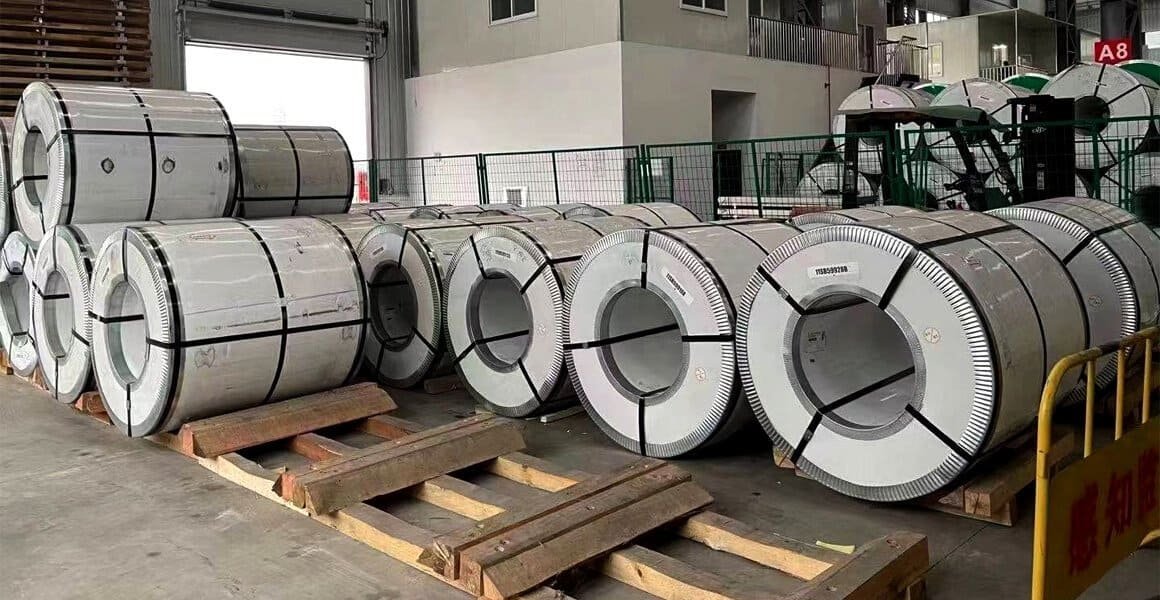
Why Are Steel Coils So Hot?
You may be wondering why hot rolled coils are sent hot or semi-warm. Steel coils are hot because they’re rolled above recrystallization temperature, usually over 1000°C, for shaping and processing.
The heating procedure lowers resistance and promotes malleability. After shaping, coils cool naturally. In certain manufacturers, coils are still warm after wrapping. That is typical; however, they must be allowed to fully cool before being loaded into the container.
Buyers may confuse this with product flaws. It is typical procedure, particularly for carbon steel coil and stainless steel coil orders. Simply guarantee adequate packaging and temperature checks while sending long distance.
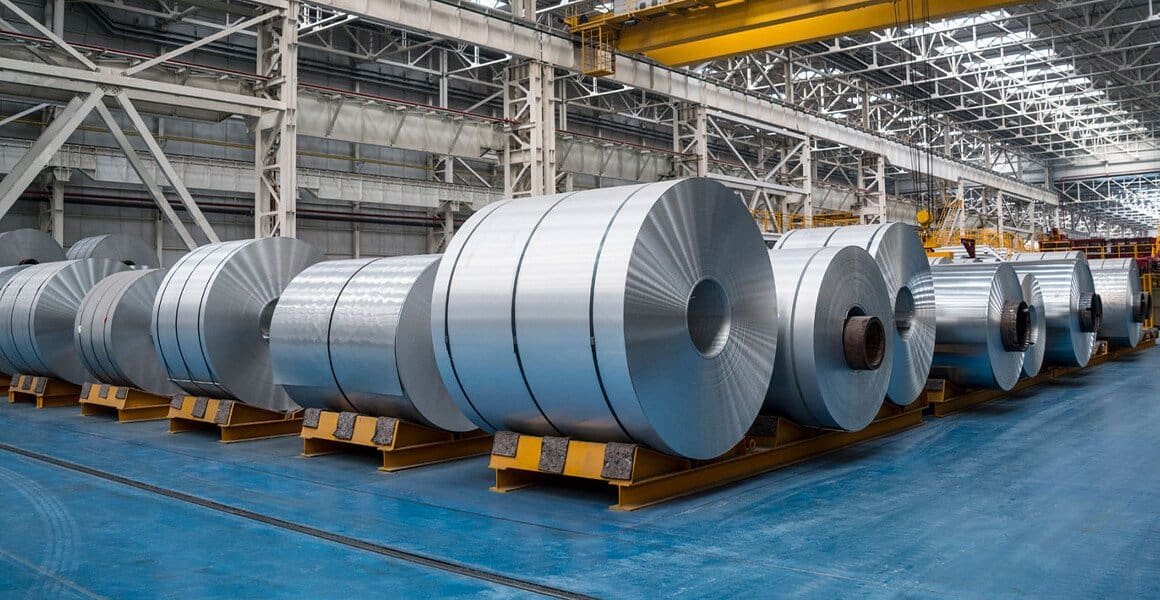
Will Hot Rolled Steel Rust?
A highly practical concern—particularly for importers in humid or coastal areas. Hot rolled steel is more prone to surface rust due to oxidation, especially if not coated or stored properly.
Because of its rough finish, hot rolled steel quickly attracts moisture. Common protection methods include:
- Oil coating (temporary)
- Wrapping with anti-corrosion paper
- Export-grade packaging
- Zinc galvanization
Many consumers request galvanized coil or convert hot rolled material to galvanized steel coil to extend its shelf life. Yuanchi provides extra packaging enhancements and container loading services to help reduce rust concerns, particularly when exporting to tropical nations such as Colombia or Malaysia.
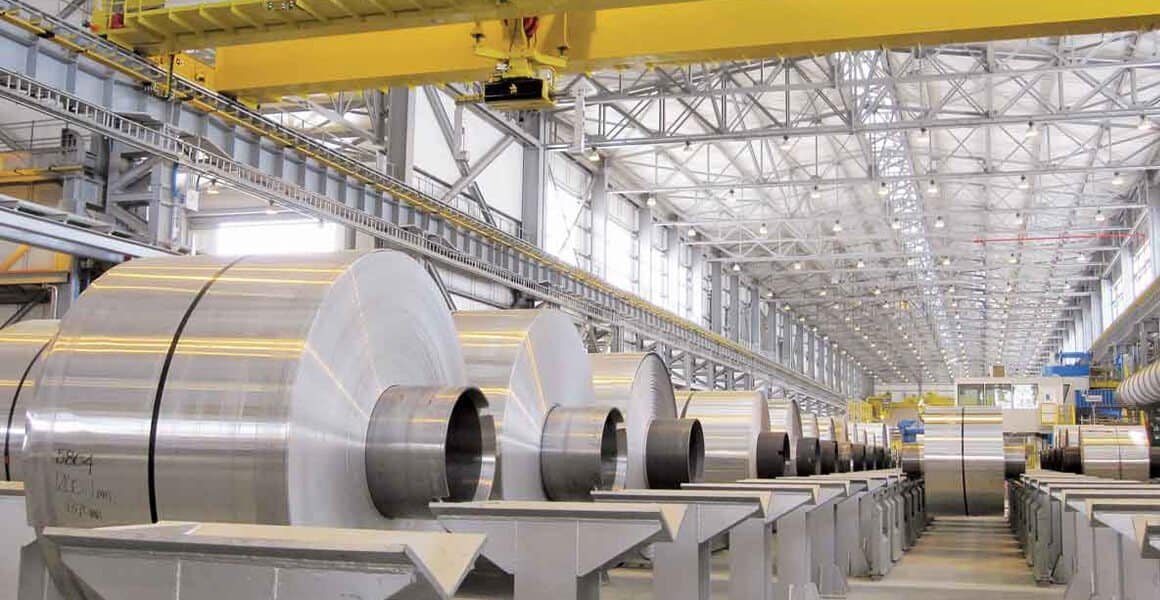
What Is Hot Rolled Steel Price Based On?
Many consumers place a high value on hot rolled coil price—but what factors influence it? Prices vary depending on thickness, width, steel grade, and global market demand.
Other variables include:
- Raw material price (iron ore, scrap)
- Rolling costs and energy rates
- Processing method (pickling, galvanizing)
- Certifications (ISO, CE)
- Destination (freight, tariffs)
For example, the price of Tata Steel HR coil may change depending on local production costs. Chinese hr coil prices are frequently more competitive, but purchasers must ensure that quality criteria are met. When sourcing different varieties, we recommend comparing bids to similar HR coil specifications and checking cold rolled steel suppliers.
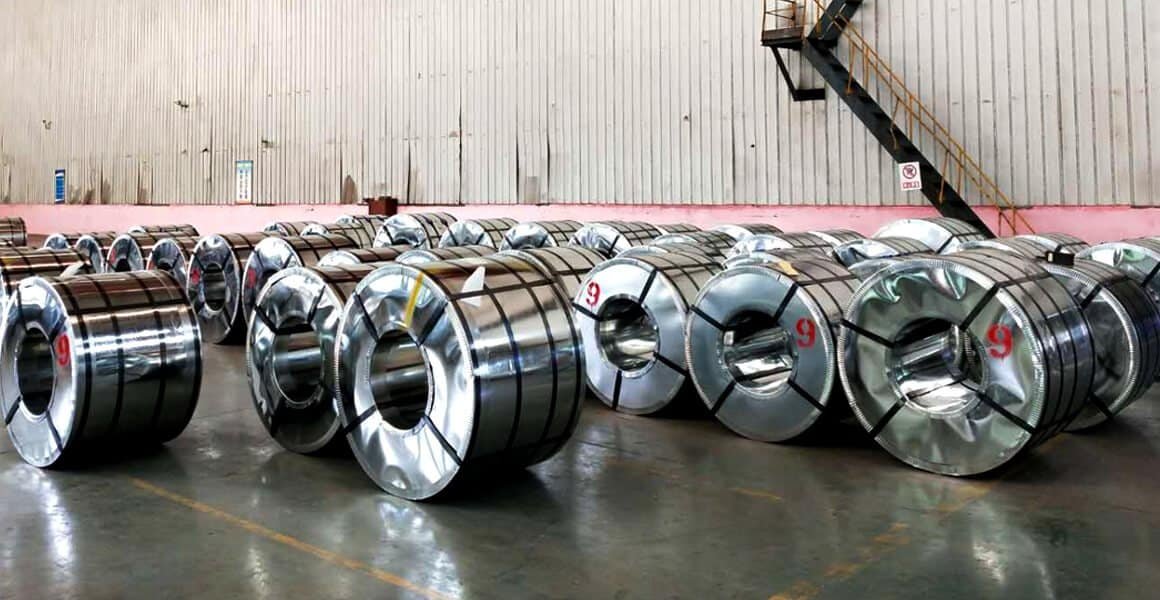
How To Choose A Reliable Hot Rolled Coil Supplier?
Selecting the appropriate source is critical to success. Look for ISO/CE-certified exporters with 10+ years of experience and support for quality checks, documents, and logistics.
Here are key factors to evaluate:
- Do they provide mill test certificates?
- Can they meet custom steel coil dimensions?
- Do they have export experience in your country?
- What are their payment and logistics terms?
Yuanchi serves more than 20 countries, with a concentration on emerging markets. We offer hot rolled coils, cold rolled steel, and completed products such as metal sheet, cold rolled steel coil, and copper coil. Buyers can contact us through Alibaba or direct negotiation, with various conditions such as T/T or LC.
Summary
Hot rolled coil is vital in a variety of industries. Selecting the correct supplier ensures improved quality, documentation, and cost. Before placing your order, make sure you’re fully informed and ask comprehensive questions. Yuanchi has over 18 years of experience in steel production, specializing in the manufacture of galvanized coils, aluminum coils, stainless steel coils, carbon steel coils, and copper coils. If you have any questions, please feel free to contact us.


